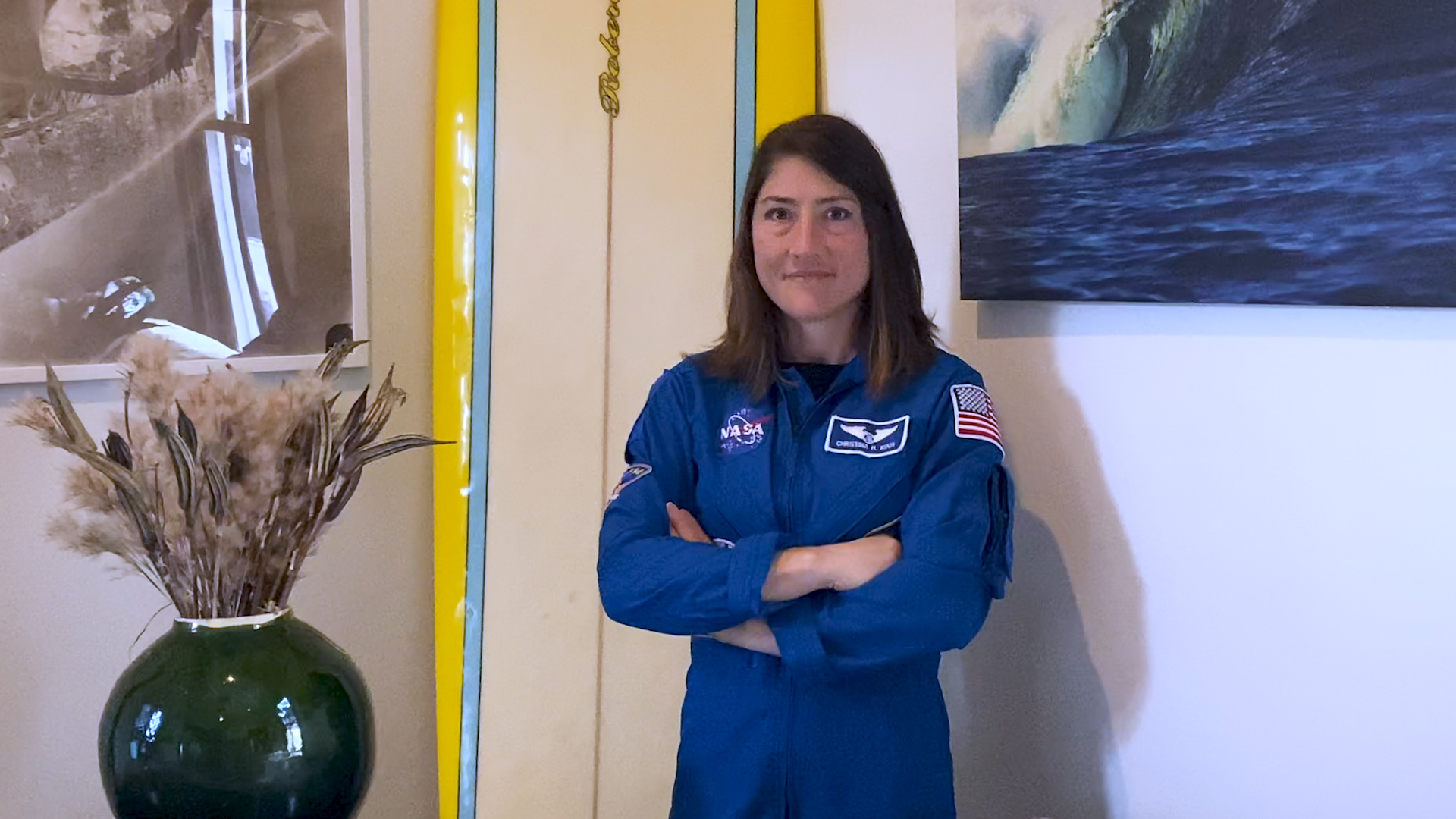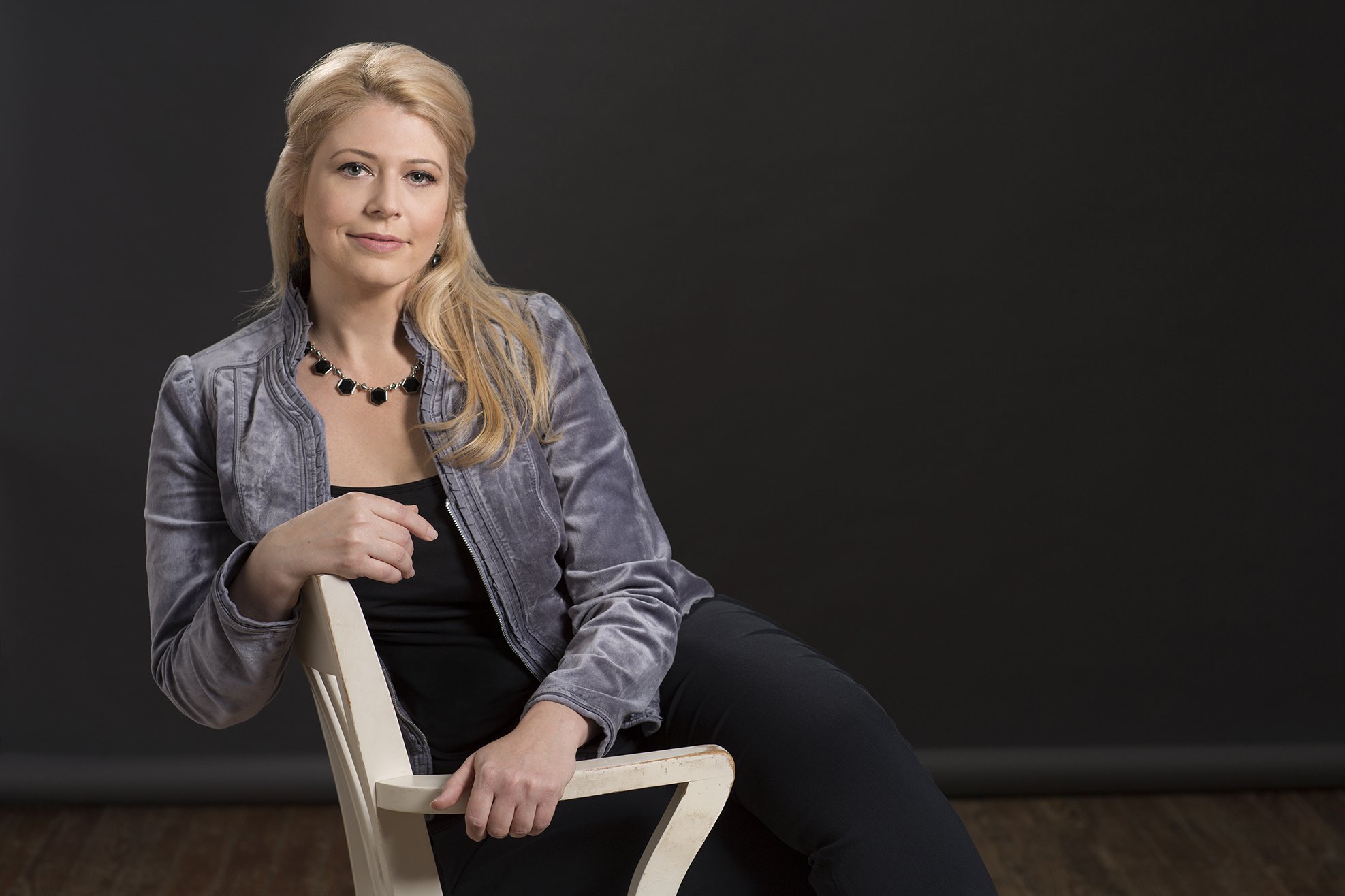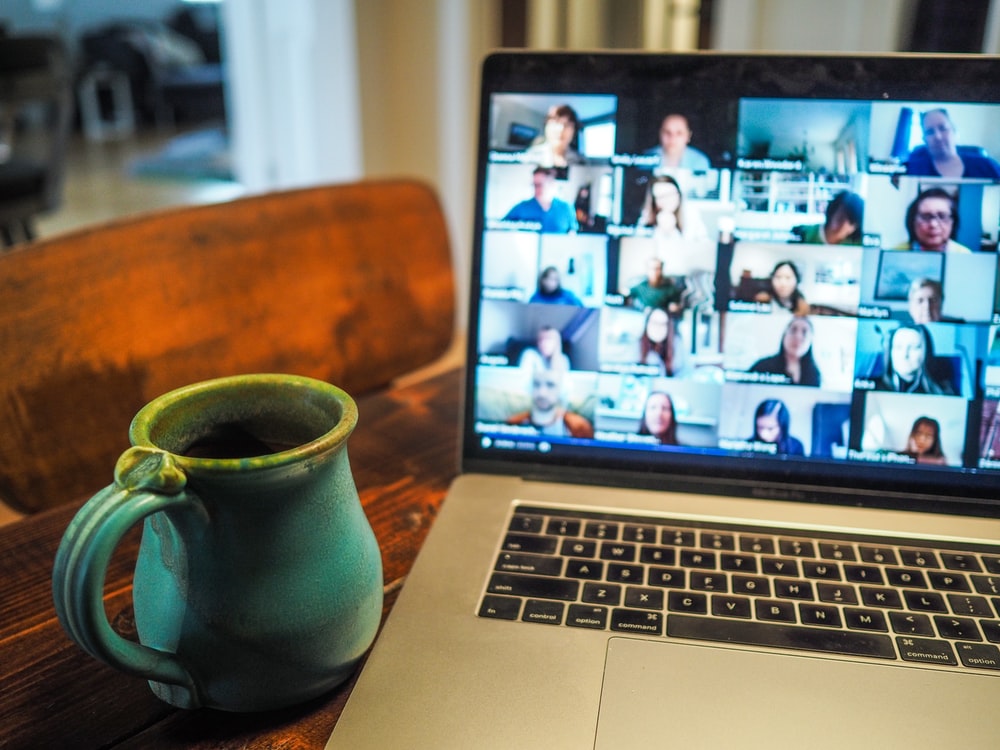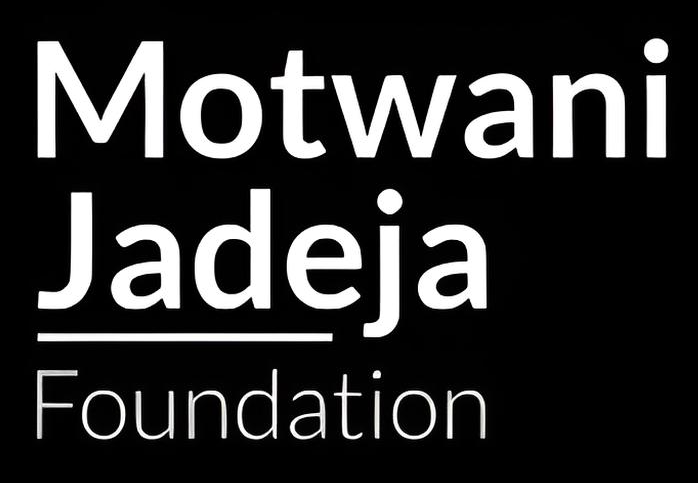Although the early years of space travel were limited to men, 70 women thus far have flown missions to outer space. One who stands out among them is U.S. astronaut Christina Koch. She holds the record for longest single space flight by a woman, serving 328 days in Earth orbit as a flight engineer aboard the International Space Station from 2019-2020. During that time Christina was part of the first all-female spacewalk, when she and fellow astronaut Jessica Meir floated outside the ISS to perform an external repair. Looking ahead, Christina is on the team of potential crew members for NASA’s Artemis program. The goal of Artemis is to return to the surface of the Moon.
Christina built herself up for these exploits in a pre-space-flight career that was exciting in its own right. After earning degrees in electrical engineering and physics, she alternated between two types of work on the ground: designing scientific instruments to be launched into space, and journeying into fierce polar climates with government research teams that study the natural sciences. These experiences prepared her both mentally and physically to be chosen for space flight. World Woman Hour honors Christina as a true trailblazer. Here are highlights from her WWH interview.
Q: What put you on your path to becoming an astronaut?
Christina Koch: When I was a young girl, I loved anything that made me feel small.
Anything that made me ponder the size of the universe, my role in it, how vast it was, and everything that there is to explore. I used to love opening travel magazines that came to the house, tearing out pages of far-off places and putting them up on the walls of my room. When I was a middle schooler I had pictures and maps of Antarctica, with pictures of space right next to those—and it turned out that the walls of my middle-school youth ended up defining my career.
I had a career that was twofold. I spent time in space science, working on NASA instruments, and I also worked as a field engineer and research assistant exploring the most remote corners of the earth, including Antarctica. So I always tried to stay true to the things that drew me in from the time I was young. And eventually the time came when NASA put out a call for astronauts. I looked at everything I had done and thought, yeah: I’m going to put my name in the hat and see if I’m someone who can contribute to that team. And I was extremely fortunate to be selected and achieve something I never thought I would.
Q: Could you say a bit more about your passion for this type of career?
Christina: I see NASA’s mission as answering humanity’s call to explore. Exploration is something that we humans have done from the beginning of time. It defines who we are and what sets us apart, and it also is what unites us. I think that seeking out knowledge and discoveries is what exploration is all about. It’s why we do it—it’s inherently something we want and need to do—and it also brings back benefits. I’m just so fortunate that I’ve been able to contribute to exploration for many years.
Q: After a super-long mission in space, how does the experience impact your life?
Christina: I recently celebrated two years since my landing and I’m still learning, every day, how living in space for almost a year can affect your life. When you first come back to Earth there are a lot of physical changes, because living in microgravity is something that the human body adapts to in very fascinating ways. But there are also changes that you go through as a person, in space, and some of these changes have been long-lasting for me.
I think I take life more seriously now, in a lot of ways. And I think that’s a result of living for so long with the lives of my crewmates in my hands, and having to remain vigilant for so long. The privilege of carrying everyone’s dreams with you into space also comes with a responsibility. It’s the responsibility to protect the people around you and to bring your best every day. Constantly paying attention to that, along the way, changes you. And in some senses, I think that change is every bit as profound as the change that you have when you look upon the Earth from space and you realize that we’re all united and we’re all part of the same vast universe.
Q: Becoming an astronaut is something that sounds almost out of reach for most of us. What advice would you give to women who have a goal that seems unattainable, or almost impossibly distant?
Christina: If you feel like the dream that you have is unattainable—that it’s too far off; that it’s too many years and too many steps away; that it’s a mountain or a tsunami in front of you—guess what? You have something in common with everyone who has achieved something big. Remember that every step along the way is achievable. And that you get the most from life and give the most back when you reach really far to do the things you’re scared of, that you think you might not be able to do. So: If you’re having those feelings, you’re probably on the right track.
Q: What have you learned from failures or setbacks in your career?
Christina: You know, I totally love a can-do attitude, but I also try to remind people that sometimes failure is an option. And sometimes it’s a great option, because if you aren’t failing, you’re probably not pushing the boundaries. I think that failure is part of the journey and we can give ourselves permission to wallow in it for a bit, but then we should set an end time to that and move on. Because the truth is, you’re doing it right if you are hitting those snags and failing. And if you aren’t, you’re probably not pushing enough.
Q: Is there any advice you would give your younger self, knowing what you know today?
Christina: When I think back to my younger self, I see someone who was so driven, and so individually motivated, almost to the point of not seeking out the benefits of bringing people into teams or joining groups to be part of something greater. I was very focused on getting things done on my own; on the joy that came from grit and from showing that I could work hard to achieve something. I think I would tell the 20-year-old me that it’s more fun if you have a team around you, and that teamwork is actually a skill that’s just as important as hard work on an individual level. You can go so much farther when you put together a team of people who are all doing what they love.
Q: Prior to this interview, you’ve spoken about learning to be a “mental ninja” who has a quality called “mental toughness” or “mental fortitude.” Could you explain what this means and how to achieve it?
Christina: At NASA we have a saying that long-duration spaceflight is not a sprint, it’s a marathon. What that is about is making sure you maintain a pace for yourself that is sustainable, both mentally and physically. To me, finding that sweet spot where you can bring your best every day but you’re not getting drained or burnt out is an important part of maintaining mental toughness.
Astronauts work on learning the skill of turning fear into focus, learning the skill of picking yourself up after failures, and learning the skill of pacing yourself, so that you have something in the tank when anything unexpected comes up. I think that has great application to people who are running after a dream, and just to all of us in living our lives. The pace that lets you maintain the marathon of your life is the pace that you have to stick to and defend. And then you have to raise your mental game within that pace, to bring your best self to every single day.
Another thing that I think is important for maintaining mental fortitude is reaching outside yourself. When you turn it around and think about how you can help the people around you, oftentimes that inherently builds more mental fortitude than worrying too much about your own things. When we practice mutual team care, not only do we benefit as a team, we also grow the most as individuals.
Q: How can we bring more women into science and innovation?
Christina: First we need to make sure that everyone has an equal playing field. We also need to reach out to young people, to provide examples of what it’s really like to do the things and live the lives that they’re dreaming about. I think people may have misconceptions about future work and careers that aren’t necessarily true, which can drive them to make decisions that aren’t as authentic as they think they may be.
Personally, I love mentoring. I love reaching out to people who are in the shoes that I was in, 10 or 20 years ago, and giving them a window into what it means to do different kinds of jobs. When people get a picture of what different careers actually look like, they can hone their dreams and make sure that they’re the right ones for them. And then those dreams will be worth fighting for.
Q: Girls and young women may often feel disempowered, and unsure how to create a better future. What would be your call to action, to galvanize them into making a change for themselves?
Christina: My call to action for anyone would be to do what scares you. What I mean by that is that if you’re looking for where your passions live, and maybe not sure which direction to go,
think about the things that intrigue you but yet scare you, because maybe you think you can’t accomplish them. That’s the exact place you need to go if you want to get the most from life for yourself, and give back the most to the world.



































